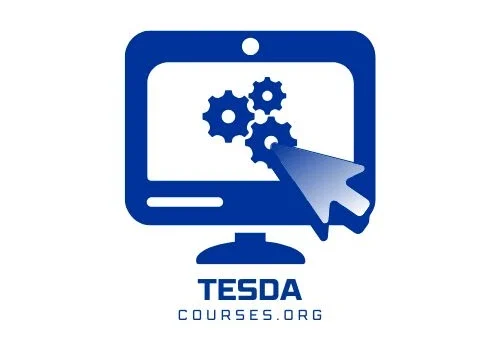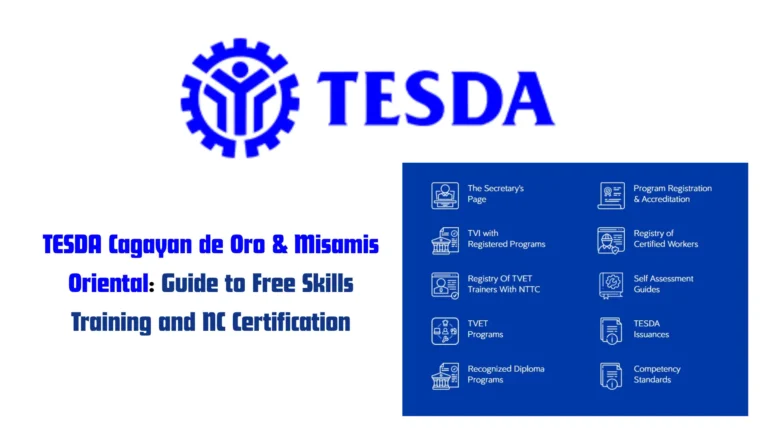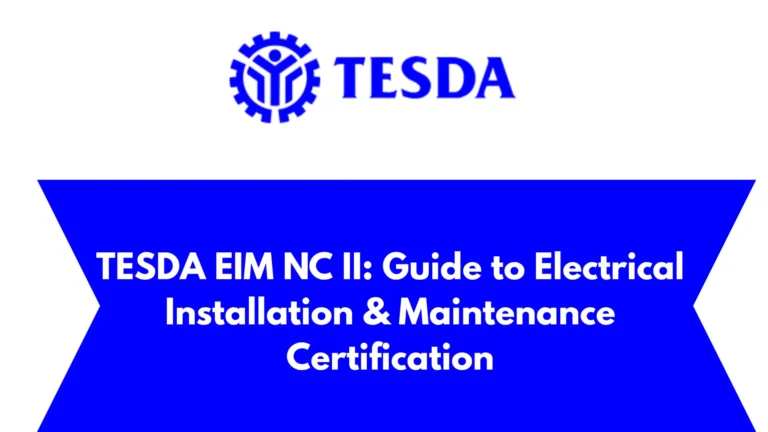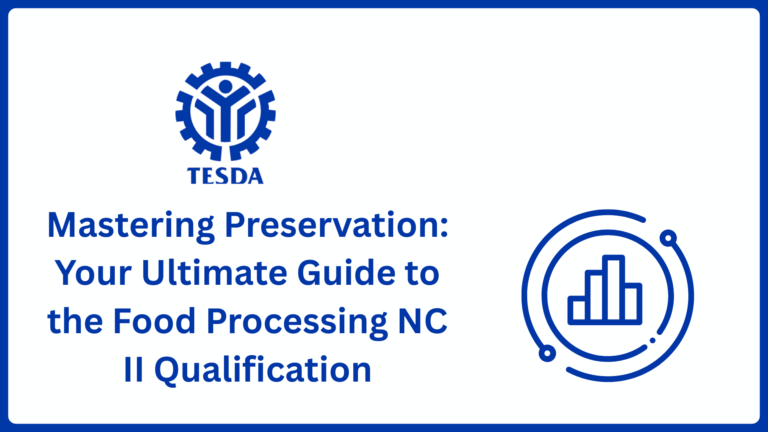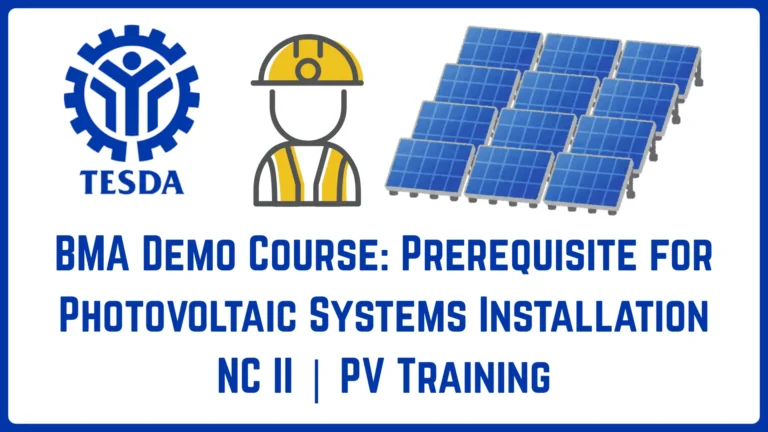Ultimate Guide to TESDA HVAC-R Courses: Free Refrigeration & Airconditioning NC II/III Training
HVAC-R courses from TESDA provide essential training for one of the Philippines’ most in-demand technical fields. These free HVAC courses offer comprehensive skills development in refrigeration, airconditioning servicing, and commercial systems installation.
This ultimate guide explores TESDA’s complete HVAC-R technology curriculum, detailing how these programs can launch your career in the growing heating, ventilation, air conditioning, and refrigeration industry.
Growing Demand for HVAC-R Technicians
The HVAC-R industry in the Philippines has experienced remarkable growth, with the Department of Energy reporting a 20% annual increase in airconditioning unit sales and the Philippine Constructors Association noting sustained demand for skilled technicians. This growth is driven by increasing urbanization, rising temperatures due to climate change, and expanding commercial infrastructure.
According to industry reports, the Philippines needs approximately 15,000 new HVAC-R technicians annually to meet market demand. TESDA’s HVAC courses address this critical skills gap, providing industry-relevant training that meets both local and international standards for refrigeration and airconditioning professionals.
Refrigeration and Airconditioning Servicing NC II
Program Overview and Competencies
The Refrigeration and Airconditioning Servicing NC II program provides foundational training for aspiring HVAC-R technicians. This comprehensive HVAC course covers fundamental principles of refrigeration cycles, electrical systems, and basic troubleshooting techniques. Students learn to handle refrigerants safely, understand pressure-temperature relationships, and perform routine maintenance on residential systems.
Course Duration and Structure
The program typically requires 256 hours of combined theoretical learning and hands-on practical training. The curriculum includes classroom instruction on thermodynamics, electrical fundamentals, and refrigeration principles, followed by workshop practice on actual equipment. Students must complete all modules and pass both written and practical examinations to receive National Certification.
Packaged Air Conditioner Unit Servicing
Technical Skills Development
This specialized module within the DOMRAC (Domestic Refrigeration and Airconditioning) program focuses specifically on packaged air conditioning units. Participants learn installation procedures for split-type, window-type, and packaged AC units, including mounting, piping, electrical connections, and initial commissioning.
Troubleshooting and Maintenance
The course covers systematic troubleshooting approaches for common PACU problems including refrigerant leaks, electrical faults, and mechanical failures. Students learn preventive maintenance techniques, cleaning procedures, and performance optimization methods that ensure efficient operation and extended equipment lifespan.
Safety and Compliance
A critical component of this HVAC course emphasizes safety protocols including electrical safety, refrigerant handling according to Philippine Clean Air Act regulations, and personal protective equipment usage. Students learn environmental regulations governing refrigerant recovery and recycling.
Commercial Airconditioning Installation and Servicing NC III
Advanced System Installation
This advanced HVAC course focuses on commercial-scale systems including chillers, rooftop units, and VRF (Variable Refrigerant Flow) systems. Participants learn to interpret commercial blueprints, calculate cooling loads, and design appropriate system layouts for commercial buildings.
Installation Techniques and Practices
The module covers advanced installation techniques including ductwork fabrication and installation, piping for large systems, electrical controls for commercial equipment, and system balancing procedures. Students work with actual commercial equipment in TESDA’s training facilities.
Commissioning and Testing
Participants learn comprehensive commissioning procedures including pressure testing, vacuum dehydration, refrigerant charging, and performance testing for commercial systems. The course emphasizes documentation and reporting requirements for commercial projects.
Career Opportunities and Earning Potential
Graduates of TESDA’s HVAC-R courses qualify for numerous high-demand positions. Entry-level technicians can expect starting salaries of ₱15,000-₱20,000, while experienced commercial technicians earn ₱30,000-₱50,000 monthly. Overseas opportunities in Middle Eastern countries offer salaries equivalent to ₱80,000-₱120,000 for certified HVAC-R technicians.
Career paths include:
- Residential HVAC Technician
- Commercial Refrigeration Specialist
- Maintenance Technician
- Project Installer
- Service Manager
- HVAC-R Business Owner
Industry Certification and Global Recognition
TESDA’s HVAC-R certifications are recognized both domestically and internationally. The National Certificate (NC) provides evidence of competency based on industry standards. Many countries in the Middle East and Southeast Asia specifically seek TESDA-certified technicians for their demonstrated skills and training quality.
The certification process involves rigorous assessment including practical demonstrations, written examinations, and oral questioning. Successful candidates receive credentials that are valid for five years, renewable through continuing education or reassessment.
Comprehensive Enrollment Process
Enrollment in TESDA’s HVAC-R courses requires:
- High school diploma or equivalent
- Passing a basic aptitude test
- Physical fitness for technical work
- Completion of prerequisite safety training
Prospective students can apply through TESDA’s online portal or visit local technology institutions. The program includes both theoretical modules and extensive hands-on training in well-equipped workshops.
Tools and Equipment Training
TESDA’s HVAC courses provide comprehensive training on industry-standard tools including:
- Manifold gauges and vacuum pumps
- Leak detection equipment
- Electrical testing instruments
- Tube bending and flaring tools
- Recovery and recycling machines
Students learn proper tool usage, maintenance, and safety procedures, ensuring they are job-ready upon graduation.
Safety Standards and Protocols
Safety training forms a core component of all HVAC-R courses. Students learn:
- Electrical safety standards
- Refrigerant handling protocols
- Fall protection for installation work
- Personal protective equipment requirements
- Emergency procedures for accidents
This emphasis on safety ensures graduates can work responsibly in various environments while complying with Philippine occupational safety regulations.
Start Your HVAC-R Career Today
HVAC-R courses from TESDA provide the comprehensive training needed to succeed in this high-demand technical field. With free access to quality education and industry-recognized certification, these programs offer life-changing opportunities for skills development and career advancement.
Ready to launch your HVAC career? Enroll in TESDA’s HVAC-R courses today and take the first step toward becoming a certified refrigeration and airconditioning technician.
For more information, contact TESDA at tesdaonlineprogram@tesda.gov.ph or call (+632) 893-8297.
